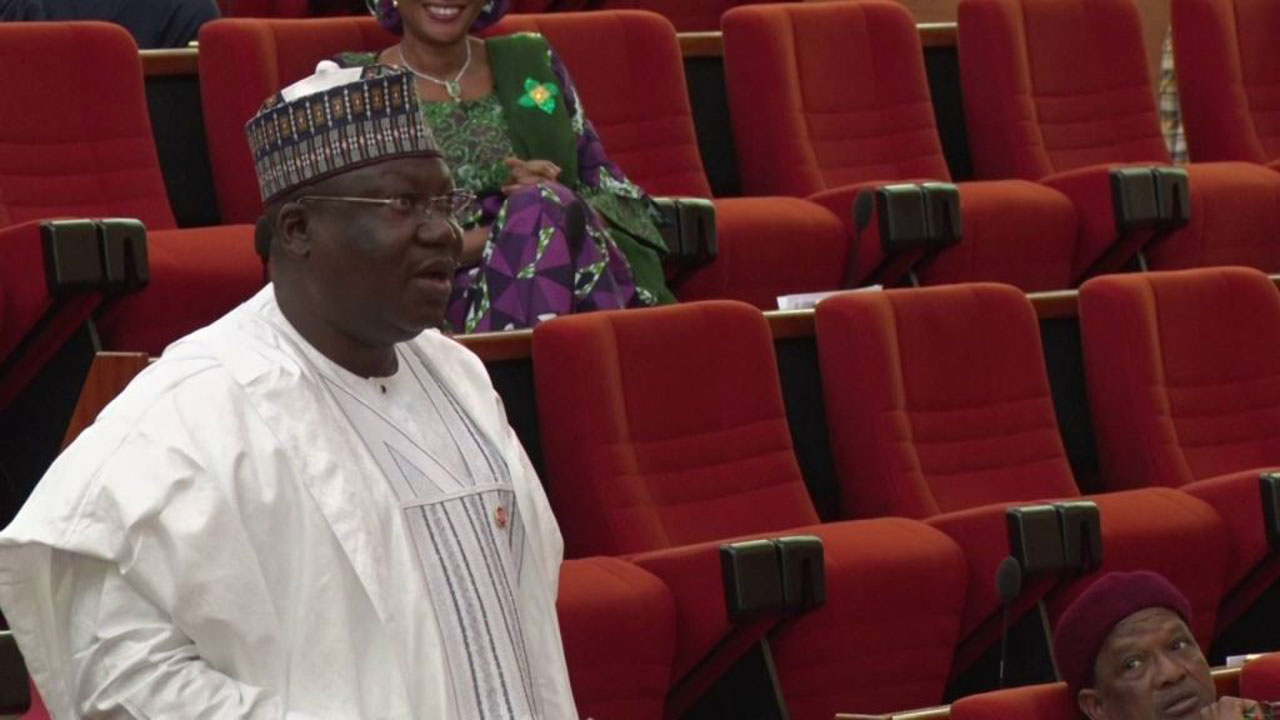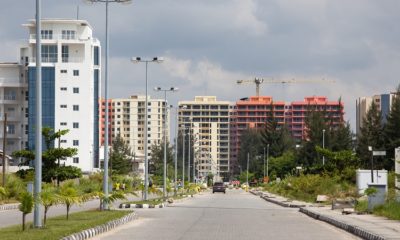Nigeria’s public debt has breached the N101 trillion mark, driven by a substantial influx of loans from the World Bank totaling $4.95 billion over the past twelve months.
This surge in borrowing has raised concerns about the country’s ability to service its growing debt obligations amidst economic challenges exacerbated by the COVID-19 pandemic and fluctuating global oil prices.
As of December 2023, Nigeria’s debt stood at approximately N97 trillion, according to data from the Debt Management Office (DMO).
The recent borrowing spree has propelled this figure to N101 trillion, reflecting a rapid escalation in the country’s indebtedness.
The loans from the World Bank are earmarked for various developmental projects, including critical sectors such as power, women empowerment, education, renewable energy, and economic reforms.
These initiatives are part of Nigeria’s broader strategy to enhance infrastructure, socio-economic development, and institutional reforms aimed at bolstering long-term growth and resilience.
The breakdown of the World Bank funding includes $750 million allocated for power sector financing aimed at improving electricity generation and distribution, which remains a persistent challenge in Nigeria.
Another $500 million is dedicated to women’s empowerment programs, focusing on expanding opportunities and economic inclusion for women across the country.
Also, $700 million has been allocated to support education initiatives, particularly for adolescent girls under the Adolescent Girls Initiative for Learning and Empowerment project.
This funding seeks to enhance access to quality education and empower young girls in Nigeria.
Moreover, the World Bank has committed $750 million to the Distributed Access through Renewable Energy Scale-up project, aimed at increasing electricity access through renewable energy solutions.
This initiative targets over 17.5 million Nigerians who currently lack reliable electricity.
The largest tranche of $1.5 billion is designated for Economic Stabilisation to Enable Transformation Development Policy Financing Programme. This funding is intended to bolster fiscal revenues, expand social safety nets, and support economic diversification efforts to reduce dependency on oil revenues.
Despite these investments aimed at driving economic growth and improving living standards, concerns linger over Nigeria’s ability to effectively manage its escalating debt burden.
The country’s debt servicing costs have risen significantly, diverting resources away from critical sectors such as healthcare, education, and infrastructure development.
Critics argue that while external financing is necessary for development, the government must ensure transparency, accountability, and effective utilization of borrowed funds to avoid the pitfalls of previous debt mismanagement.
There is also a growing call for stringent fiscal discipline and reforms to enhance revenue generation and reduce dependency on borrowing.
President Muhammadu Buhari’s administration has defended the borrowing, asserting that it is crucial for bridging infrastructure gaps, stimulating economic growth, and creating job opportunities.
However, stakeholders emphasize the need for prudent debt management and sustainable economic policies to safeguard Nigeria’s financial stability and long-term prosperity.

 Billionaire Watch2 weeks ago
Billionaire Watch2 weeks ago
 Startups4 weeks ago
Startups4 weeks ago
 News4 weeks ago
News4 weeks ago
 News4 weeks ago
News4 weeks ago
 Bitcoin4 weeks ago
Bitcoin4 weeks ago
 Naira4 weeks ago
Naira4 weeks ago
 Forex3 weeks ago
Forex3 weeks ago
 Treasury Bills4 weeks ago
Treasury Bills4 weeks ago























